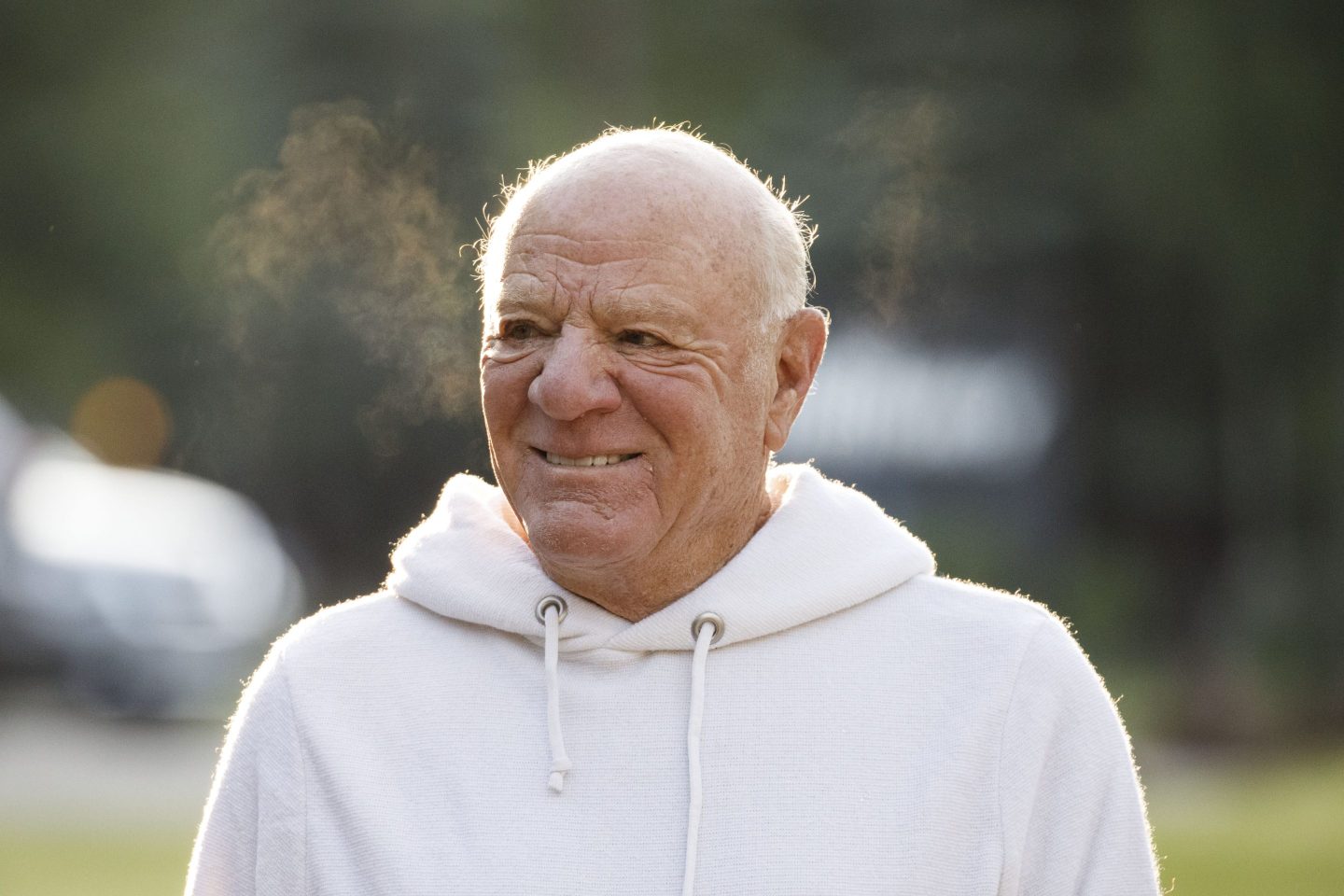Where some people expect four days to become the new work week, including Sen. Bernie Sanders and a tech exec who thinks it’s possible with AI, media mogul Barry Diller has a different vision.
During a Thursday appearance on CNBC’s Squawk Box, the chairman of IAC—as well as chairman of Expedia Group and founder of Fox and USA Broadcasting—said he anticipates the new standard workweek to be four days in the office followed by flexible Fridays. Not ideal, the billionaire business magnate admitted, but better than the two days in office per week his staff is currently working.
The current smattering of workplace arrangements—which often vary from one person to another, even on the same team—is “madness,” “absurd,” and “chaos,” Diller told CNBC journalist Andrew Ross Sorkin. He anticipates it will result in “not necessarily a four-day workweek, but four days in the office, and Fridays, you can work from home or work at your own schedule.”
That plan, itself an iteration of flexible work, is “the sensible evolution of all this,” Diller said, with the qualifier that it has to be “standardized.”
In a roundabout way, Diller is aligned with most flexible-work experts on that point. Though they ultimately recommend against any amount of in-person work that would make it impossible for staff to live beyond commuting distance, most can admit that some amount of in-person time for collaboration and major decision-making is invaluable.
But even Diller, an avowedly pro-office boss, concedes that five days a week in person is simply beyond the scope of expectation for most workers. “I’ll settle for four, better than two, or two and a half, or three and a quarter,” he told Sorkin.
Diller is unsurprised by the popularity of remote work, but, like many of his peers, he doesn’t take it seriously. Workers today “want total flexibility, less work, stay home, and get paid more—of course, why not?” he said. But everyone must be in on the same days. “You can’t have 17,000 different programs.”
Diller added that some jobs can be done from home, but others simply are not effective when done fully remotely. “If your work involves anything other than sitting and staring at a screen, or customer service, [that] doesn’t involve anybody else in your company, okay,” he said. “But if you relate to anyone else, come into an office and be part of an environment that has so many different things running around inside of it. That betters your life, your career, and betters the business.”
The debate about how the post-pandemic workplace should evolve has ranged from how many days employees should work in person during a five-day week to whether companies should just cut out an entire workday and shift to a four-day week.
Hybrid arrangements remain popular with workers, but jobs that are fully in person are paying more, on average, than jobs done at home, either partially or fully, according to ZipRecruiter data. And a survey from KPMG last year found that roughly 64% of CEOs believe there will be a full return to office by 2026.
Meanwhile, the idea of working four days a week has gotten some traction. For example, most U.K. companies that took part in the world’s largest four-day workweek trial found it so successful that they are keeping it permanently.
Now Germany is trying out a four-day workweek, and even Lamborghini agreed to a four-day week last year for its production workers without slashing pay.
For his part, billionaire hedge-fund titan and New York Mets owner Steve Cohen predicted the four-day workweek will eventually be possible due to the rapid proliferation of AI.
Appearing on Squawk Box the day before Diller did, Cohen said he was investing heavily in leisure activities like golf. If people end up having more time to themselves, “anything around…leisure, travel, experiences” would make for a strong investment area, he said.











